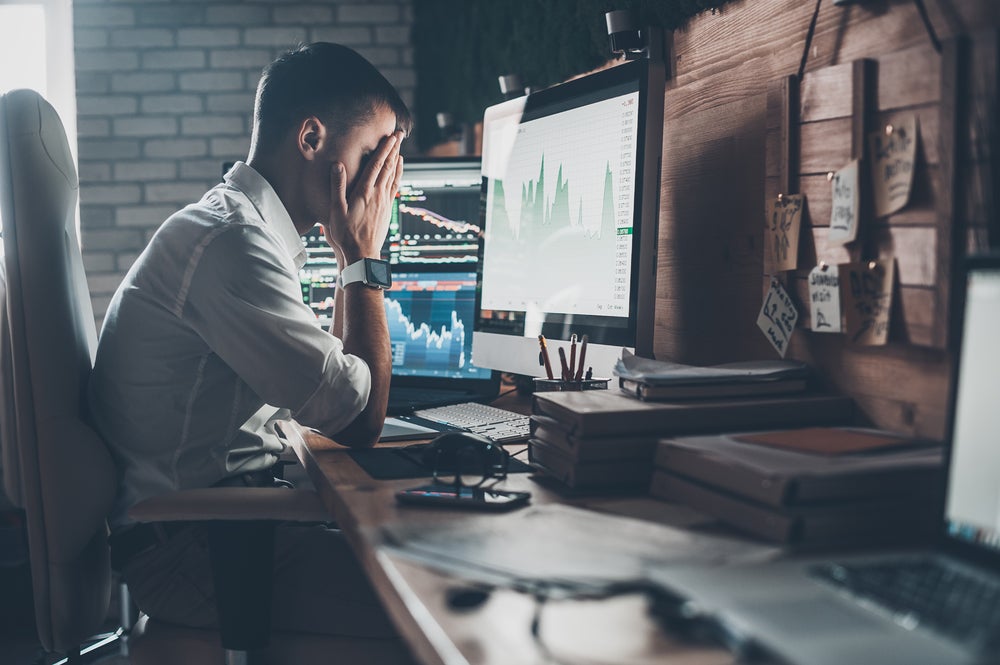Triathletes Suffer Better—Unless They’re Stressed

Photo: Shutterstock.com
Researchers discover a kryptonite to triathletes’ super pain-modulating powers.
Triathletes are a tough bunch. This isn’t a statement of hyperbole, but one of fact: In 2013, researchers at Tel-Aviv University in Israel put a study group of triathletes through the wringer, exposing them to extreme hot and cold stimuli as a way to measure their ability to withstand pain. What they found was that triathletes, when compared to study subjects with casual exercise routines, exhibited higher pain tolerance, lower pain ratings, and lower fear of pain.
These findings shouldn’t come as a shock to anyone who has trained for a triathlon. After all, triathletes engage in an extremely intense sport involving sustained exposure to pain every day: hill repeats, hard gears and 50-meter sprints in the pool are the norm.
What is shocking, however, is that those pain-modulating superpowers have a kryptonite: stress.
According to a follow-up study released this month by the same Israeli researchers, triathletes lose their advantageous pain modulation under acute psychological stress.
In fact, the study found that psychological stress does more than just return pain modulation capabilities to mere mortal status; it actually makes triathletes more sensitive to the effects of pain.
“It is interesting, as the results of this study allow us to think of the stress response systems as something that might help the body to cope with pain,” says Dr. Jens Pruessner, one of the researchers who aided with data collection and analysis in the study.
Chronic stress, or a constant stress experienced over a prolonged period of time, can contribute to long-term problems for pain modulation as well, says Pruessner:
“Stress response systems are known to ‘wear out’ after excessive amounts of psychological stress—thus, pain from pre-existing conditions might get worse when the individual is or becomes chronically stressed.”
In other words, taking care of one’s mental state is just as important as the physical. Though it’s all but impossible to avoid stress altogether, experts say self-care can avoid making stress worse than it is: that means prioritizing sleep, practicing mindfulness and managing anxiety through relaxation techniques like deep breathing.